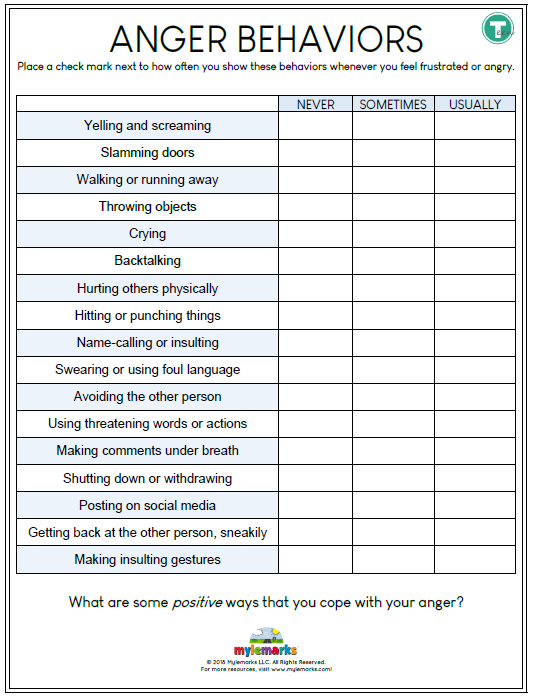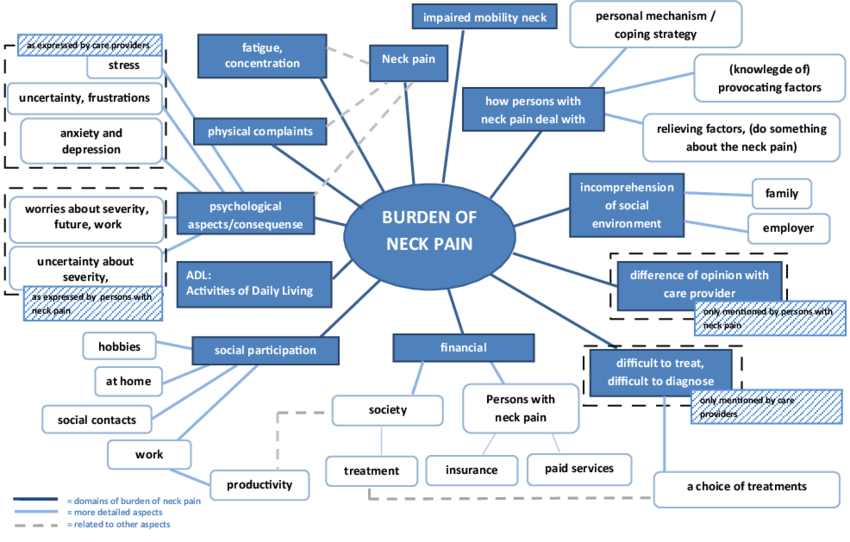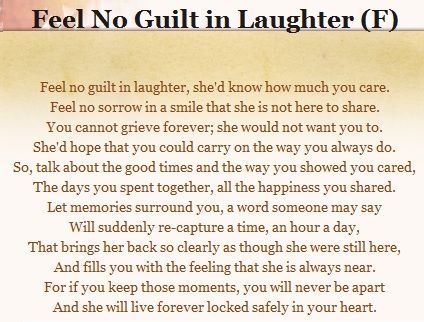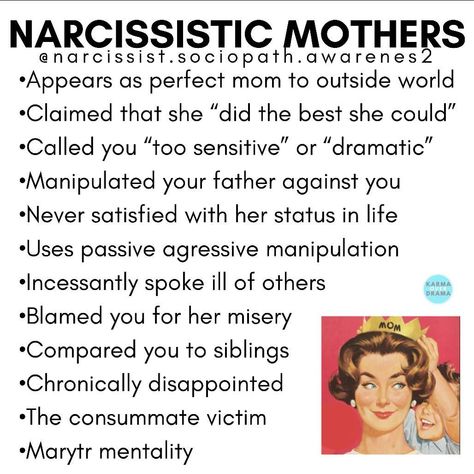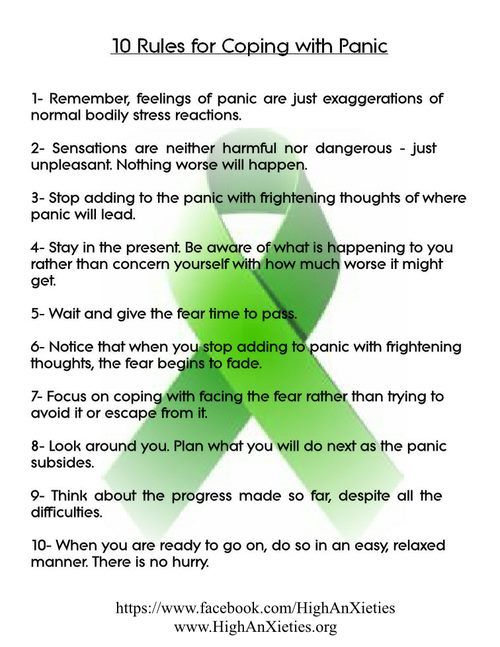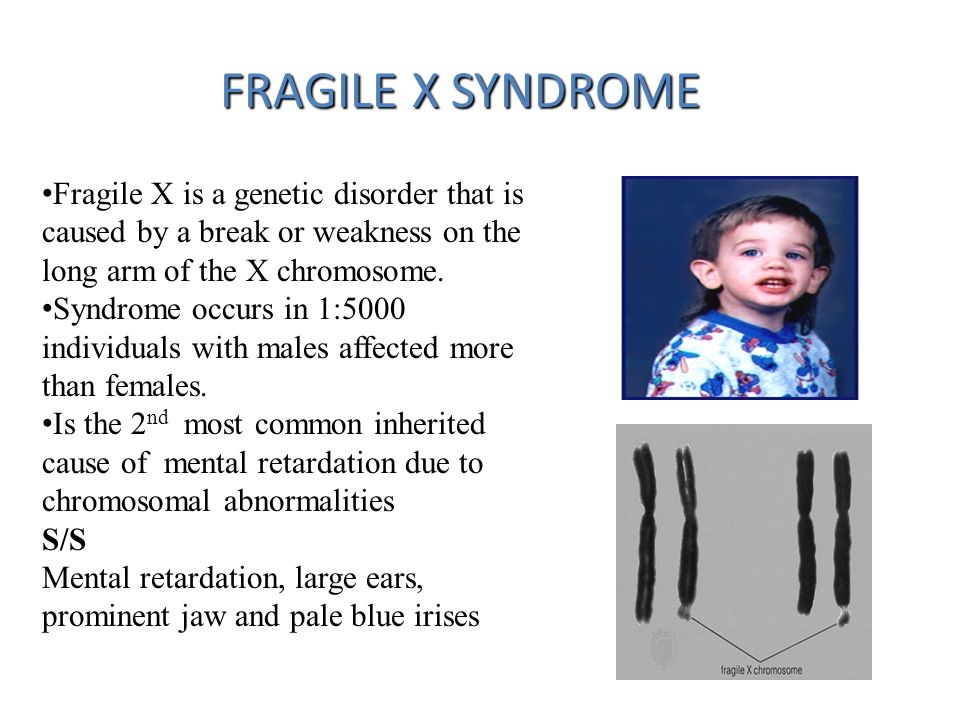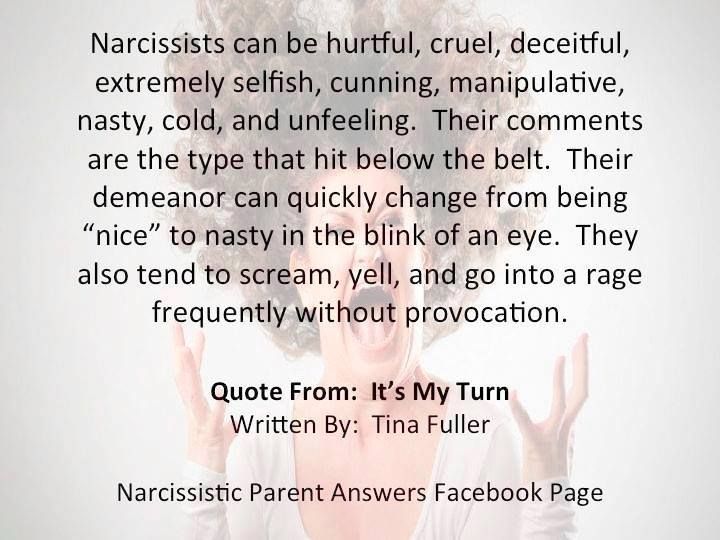Anger management meds
Medication for Anger Control - Get Anger Management Help
Uncontrolled anger can affect your relationships, your job and your health. Rage can take over your life and result in depression, violence and suicidal feelings. Your kids, neighbors and coworkers can also be at risk from uncontrolled outbursts and erratic behavior. If you are suffering from anger issues, it is vital that you get the support you need to develop effective management strategies.
Several options are available, including both inpatient and outpatient treatment with mental health counselors. Executive treatment programs and luxury facilities are also available to serve a wider variety of patients. Modern treatments are targeted and effective, often offering results in as little as six to eight weeks.
What Causes Anger-Related Problems?
Anger itself is not a problem. The trouble arises when your anger becomes uncontrollable, and you lose control of your behavior. This loss of reason and rationality can result in all sorts of problems, including erratic behavior, violence, abuse, addictions and trouble with the law.
Often, people with anger issues try to suppress their feelings, believing them to be inappropriate. This can lead to wild emotional outbursts and health problems.
Don’t Face This Alone. Private, Professional Online Therapy Can Help You.
Find The Right Therapist For You Today
Is There a Cure for Anger?
Anger is not something you can get rid of. It is a normal, healthy emotion shared by all people everywhere. When it gets out of hand, though, anger can become destructive and lead to all sorts of personal problems.
While you can’t cure anger, you can manage the intensity and effect it has upon you. Effective therapeutic strategies exist for managing anger and can help you become less reactive. You can even learn to develop more patience in the face of people and situations you cannot control.
Therapies for Anger Management Issues
Many therapeutic strategies are available to help you deal with anger issues. Some of these include:
- Cognitive behavioral therapy
- Improvements in communication skills
- Focus on problem-solving
- Avoidance of problematic situations
- Humor and self-deprecation
While it’s possible to improve your anger response on your own, a qualified practitioner can help you move more quickly to successful management.
Cognitive Behavioral Therapy Treatment for Anger Disorders
One of the most common types of psychotherapy is cognitive behavioral therapy. The purpose of the treatment is to help an angry person recognize the self-defeating negative thoughts that lie behind anger flare-ups. Patients work with a mental health professional to learn how to manage stressful life circumstances more successfully.
The cognitive behavioral approach has many benefits. Patients learn to:
- Cope better with difficult life situations
- Positively resolve conflicts in relationships
- Deal with grief more effectively
- Mentally handle emotional stress caused by illness, abuse or physical trauma
- Overcome chronic pain, fatigue and other physical symptoms
Cognitive therapies are structured and may offer quicker results than other approaches. Better yet, the results are lasting, with patients showing significantly decreased relapse rates.
This sort of treatment tends to focus on specific problems and personal triggers. You’ll learn how to deal with your particular issues using conscious, goal-centered strategies.
You’ll learn how to deal with your particular issues using conscious, goal-centered strategies.
The specific steps in cognitive behavioral therapy include:
- Identification of situations or circumstances in your life that lead to trouble
- Awareness of your thoughts and emotions surrounding anger triggers
- Acknowledgement of inaccurate, negative thought patterns
- Relearning of healthier, positive thought patterns
Very few risks are associated with cognitive behavioral therapy, and the benefits are plentiful. You will likely explore painful feelings and emotions, but you will do it in a safe, guided manner.
Cognitive therapy is considered a short-term approach and generally lasts about 10 to 20 sessions depending upon your specific disorder, the severity of your symptoms, the amount of time you’ve been dealing with anger symptoms, your rate of progress, your current stress levels, and the amount of support you receive from friends and family.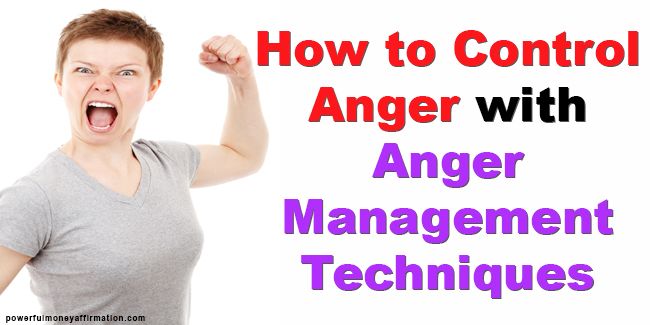
Heart Coherence Training
Another promising technique is heart coherence training. By learning specific techniques to consciously monitor and alter their own heart rhythms, patients can reduce levels of stress hormones while increasing the mood-enhancing hormone dehydroepiandrosterone. Heart coherence training also helps stabilize the autonomic nervous system, resulting in a reduction of anger’s physical effects upon the immune system. The end result can be fewer feelings of tension, irritation, stress and anger.
Anger Suppression
/>Many people try to suppress their anger. The attempt is doomed to fail and may even lead to painful physical consequences.
Suppression of anger does not make the emotional upset go away. Instead, a person may become depressed or anxious as the feelings of unexpressed rage are turned against the self. Attempts to suppress anger may lead to impatience and hostility that simmers dangerously below the surface, just waiting for a spark to erupt into boiling rage.
It is important to understand and release anger without trying to deny its existence.
Residential Anger Management Treatment Centers
If your anger problems are seriously affecting your day-to-day life, a residential or inpatient anger management treatment center may be indicated. The access to dedicated treatment staff and controlled conditions may be necessary if you find yourself:
- In trouble with the law as a result of anger issues
- Experiencing constant, uncontrollable arguments with your family members or coworkers
- Lashing out physically at your children or other adults
- Threatening violence to other people or their property
- Losing control of yourself when you get angry
- Believing that everything will be fine if you just hold in your anger
Remember that the purpose of anger management treatment is to give you the tools necessary to express your emotions in healthier and safer ways. A professional can help you get your anger and reactive behavior under control.
The Benefits of Residential Anger Treatments
Residential anger treatments help patients learn to gain control over their anger and frustrations. Your therapist can help you to recognize dangerous situations and to become more conscious of the warning signs of impending rage. Additionally, intense residential treatments can help you learn to avoid anger suppression, which can lead to hypertension, depression, heart troubles and anxiety.
Most importantly, you can develop these strategies while removing yourself from the triggers and risks of the outside world.
Luxury Anger Management Facilities
Inpatient treatment doesn’t have to mean sterile, inhuman conditions. Many luxury facilities exist and are dedicated to inpatient anger management therapy. Comfortable and serene accommodations have a positive effect on mental health and mood, so it’s wise to consider treatment facilities carefully.
If you want to learn more about what to look for in a treatment facility, contact us at .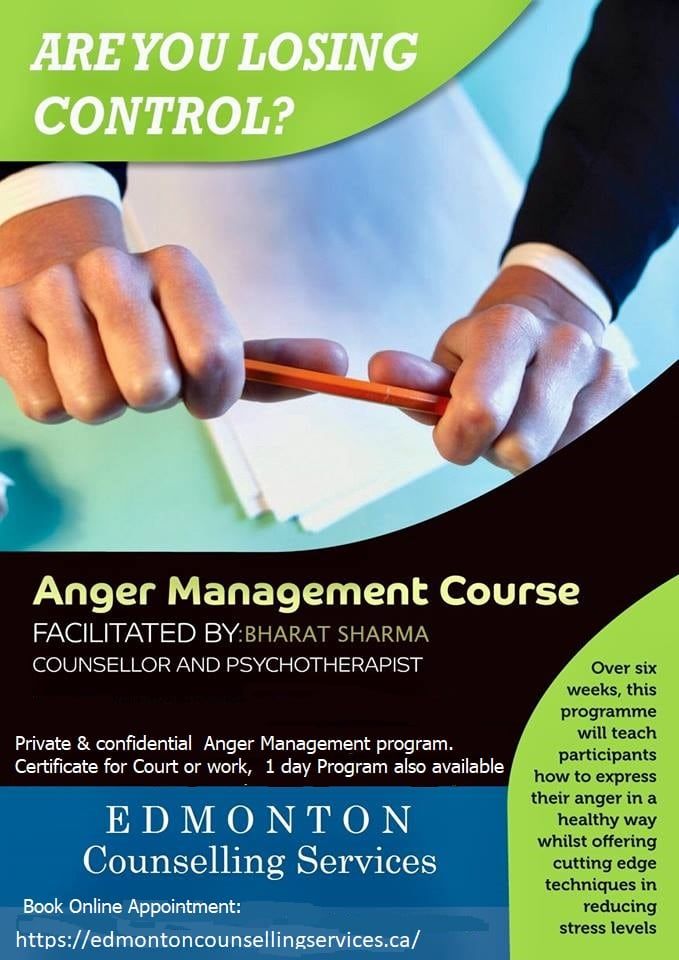
Executive Anger Management Programs
Executive anger management programs are available for physicians, executives, lawyers and other professionals who may benefit from one-on-one treatment in a discrete and private setting.
Effective anger management strategies not only improve individual interactions with employees, patients and customers but also help to provide a basis for sound organizational policies. A professional who is able to positively deal with stress and anxiety is in a better position to work with and instruct others.
Managers and executives can expect to learn how to:
- Find positive resolutions to stressful people, interactions and situations
- Repair damaged relationships and restore trust
- Communicate directly
- Control emotional reactiveness
- Empathize with coworkers and clients
- Resolve conflicts in a healthy way
Contact us today at for more information about executive anger management programs and treatments.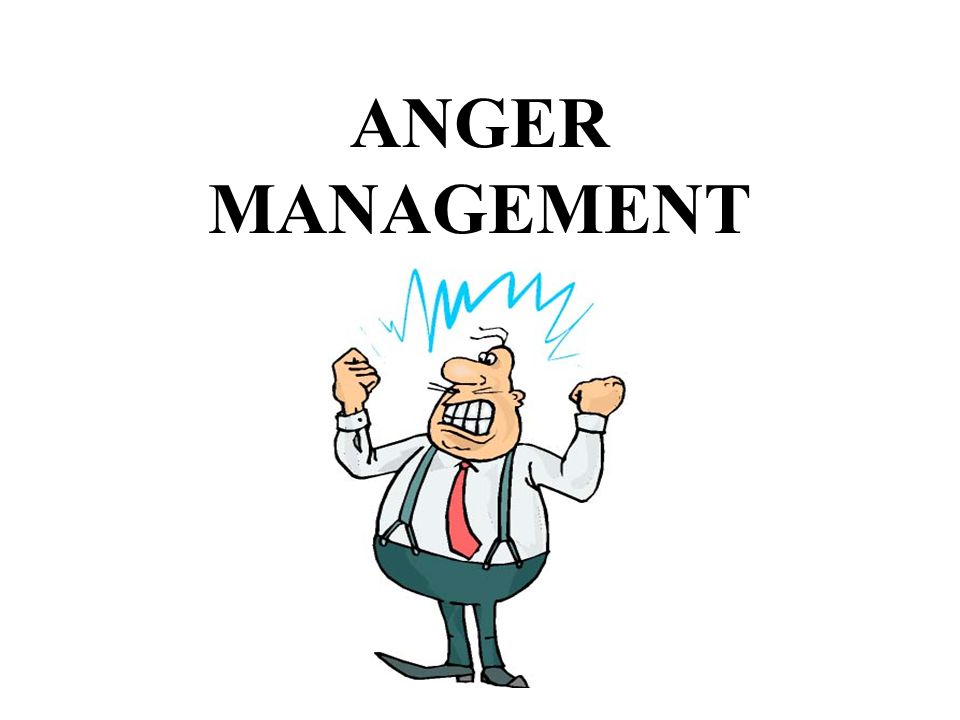
Outpatient Anger Rehab and Treatment Programs
Sometimes, the commitment of a residential program is not possible. If your anger issues are not physically dangerous, and if you are unable to break completely free from your everyday life, an outpatient anger management program may be right for you.
Outpatient programs offer intense individual counseling, typically for six to eight weeks, and help prepare patients for more limited follow-up care moving forward. You will have to deal with external people and situations during your treatment, so supportive friends and family members can make a big difference.
Prescription and Over-the-Counter Medications
Because anger is a psychological issue, it is possible to treat symptoms with medication. While the goal of treatment programs will be to eventually make the patient self-sufficient, particular medicines can be helpful in the treatment phase.
Antidepressants such as Prozac, Celexa and Zoloft are commonly prescribed for anger issues.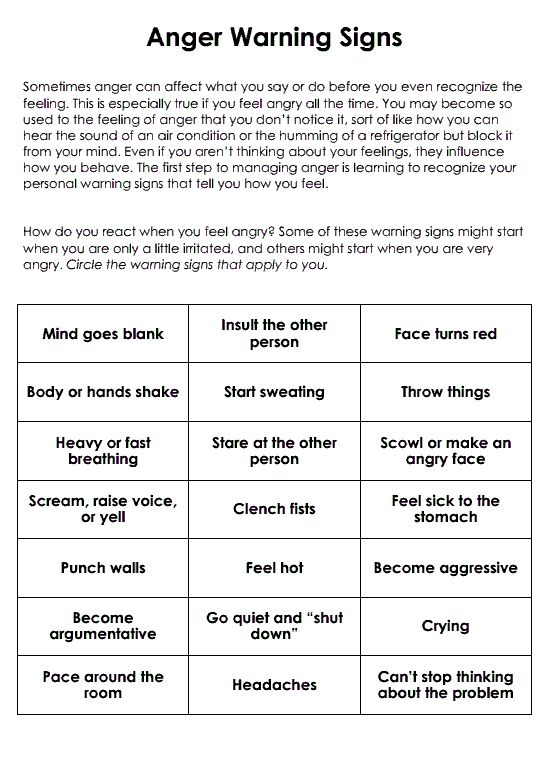 These drugs do not specifically target anger within the body, but they do have a calming effect that can support control of rage and negative emotion. Epilepsy medicines are sometimes indicated, particularly when a patient’s seizures result in anger reactions.
These drugs do not specifically target anger within the body, but they do have a calming effect that can support control of rage and negative emotion. Epilepsy medicines are sometimes indicated, particularly when a patient’s seizures result in anger reactions.
You should speak with your doctor about whether or not prescription medicines can help you with your anger issues. Pay particular attention to potential side effects and any risks of addiction. The purpose of medications is to complement your healing, not to complicate it.
A number of over-the-counter medications and supplements can also be used to improve mood and support anger management therapy. These include:
- Valerian
- Primal Calm (formerly Proloftin)
- Benadryl
- Passionflower
- Chamomile
Benadryl is an anti-allergy medication that also helps to reduce anxiety. Valerian and Primal Calm are herbal extracts that purportedly promote lowered stress levels and calm feelings.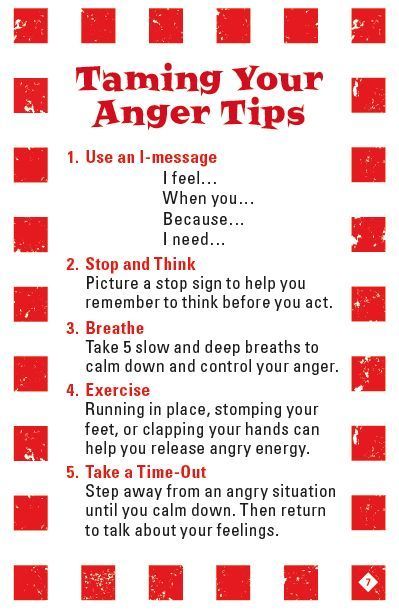 Passionflower and chamomile are usually consumed in either tea or tablet form to support mood and reduce anxiety.
Passionflower and chamomile are usually consumed in either tea or tablet form to support mood and reduce anxiety.
How to Find the Best Anger Disorder Treatment Facility
If you are ready to take control of your anger issues, you need to find help treating anger management problem. Look for facilities that offer comprehensive assessment, treatment and follow-up programs. Speak to the health professionals directly, and ask questions about their qualifications, methods and expected results. Express any concerns you have, and make sure you fully understand all of the program costs. In many cases, your health insurance will cover at least part of the treatment expenses.
As with any therapy, you’ll receive the most benefits if you:
- Treat your therapist as your partner
- Share your thoughts and feelings openly and honestly
- Stay consistent with your treatment plan
- Remember that results take time and determination
- Do whatever homework your therapist gives you between sessions
- Communicate well and often with your therapist, particularly if you are having difficulties
Whether you are in need of residential or inpatient care, considering outpatient therapy or seeking executive or luxury facilities, we can help you. Call to discuss your specific needs today.
Call to discuss your specific needs today.
Myndfulness App
Designed to Help You Feel Better Daily
Download Now For Free
Learn More >
Anger Management Medication - Best Practice, Factors, Types
Anger management medication does not specifically target the emotion of ‘anger’ itself, however it can help through:
- Providing support during the time an individual aims to break their addiction to it.
- Complementing the healing process.
Anti-anger medications can include both conventional and complementary approaches. Conventional pharmaceuticals typically refer to prescription and over-the-counter drugs, whilst those of a complementary or alternative nature imply herbal medicines, tinctures, teas and supplements. The following article will focus on the former whilst natural options will be covered elsewhere on this site.
In addition to the use of medications, anti-anger therapies and techniques can have an important role to play in overcoming anger problems e.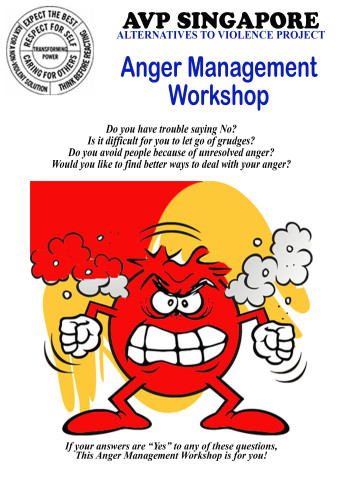 g. group therapy sessions.
g. group therapy sessions.
Anger Medication Best Practice
Ideally, the optimal approach to dealing with a patient who presents with anger issues would be to:
- Firstly, determine the condition (underlying cause) rather than simply treat the symptoms. Aside from issues such as low self-esteem or abuse, the causes of anger range on a spectrum from the seemingly innocuous e.g. inappropriate diet (such as too much sugar or caffeine) or having a food sensitivity, through to chronic problems e.g. sleep apnea, as well as numerous serious disorders e.g. severe paranoid personality disorder (PPD).
Examples of underlying causes that can be associated with anger include:
ADHD, Alzheimer’s disease, autism, bipolar disorder, depression, dementia, diabetes, drug abuse, hyperthyroidism (overactive thyroid), infections e.g. Lyme disease (Borrelia spp) and co-infections such as Bartonellosis (Bartonella spp), personality disorders, premenstrual syndrome (PMS), prescription medication e.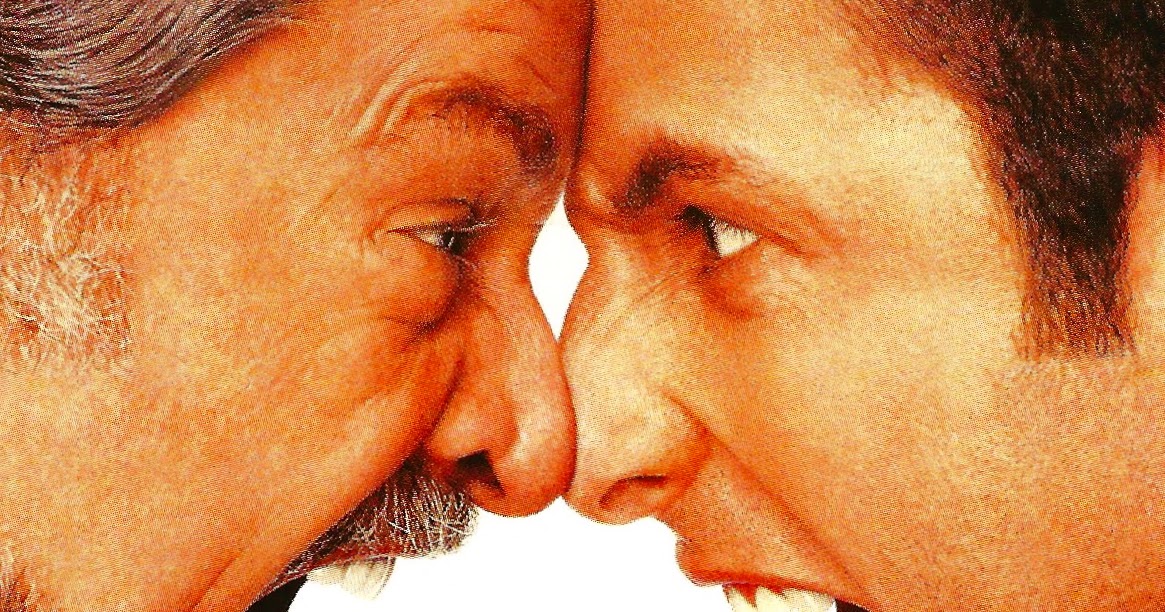 g. statins, sleep conditions, trauma e.g. head or emotional, as well as tumors etc.
g. statins, sleep conditions, trauma e.g. head or emotional, as well as tumors etc. - Secondly, treat the condition (not ‘anger’ itself) that produces anger symptoms using non-medicinals e.g. cognitive behavioral therapy (CBT).
- Thirdly, consider treating the condition using non-prescription alternatives e.g. herbal teas (Chamomile or Passionflower) or supplements such as omega-3 (Buydens-Branchey et al. 2007 suggested EPA lowers anxiety and DHA lowers anger).
- Lastly, treat the condition using prescription medication e.g. antidepressants.
When a person has a first consultation with their practitioner, the doctor (depending on their specialism and whether they deem the anger problem to be of particular cause for concern) will typically steer the patient to consider non-prescription alternatives. However, if the problem is notable or a non-prescription approach is unsuccessful, the practitioner may then decide to carry out various blood tests as well as refer the patient for a psychiatric consultation. A multi-pronged approach such as this can help pinpoint the underlying root cause of a person’s anger.
A multi-pronged approach such as this can help pinpoint the underlying root cause of a person’s anger.
If medicine is prescribed, it is usual to start with the mildest treatment at the lowest dose that produces satisfactory results. Remember though that everyone is unique; a particular medication for anger and irritability may prove very helpful to one individual yet yield poor results for another person. Moreover, the side effects of a given drug affect everyone differently; most people may have no obvious negative affects, some just minor issues e.g. slight nausea or fatigue, whilst a small number may experience potentially serious problems e.g. heart arrhythmia or liver dysfunction, and in rare cases, life-threatening symptoms may arise e.g. anaphylactic shock.
In addition, certain anti-anger medications may have an addictive quality which means the person must take the prescribed dose on a regular basis in order to prevent withdrawal symptoms. Should it be necessary to stop these types of medicine, the dosage is usually reduced over a period of time in order to allow the body to adjust to the chemical changes taking place within.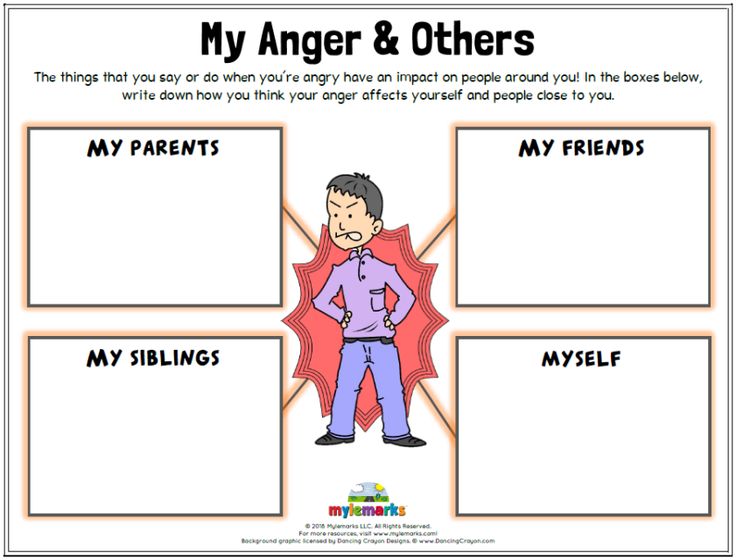
Factors Determining Anger Medicine Success
Achieving a successful outcome using anger management medication may involve the interplay of a number of factors such as:
- Correct diagnosis of the underlying cause. This can be compounded in the case of co-occurring disorders e.g. someone with a personality disorder who abuses recreational drugs.
- Biological makeup of the anger-prone individual.
- The suitability and effectiveness of the medication taken.
- Severity of medicine side effects.
- Appropriate ongoing medication management and progress assessment.
- The support network available to the patient e.g. family support increases the chances of a successful outcome by ensuring encouragement through difficult times.
- Does the patient honestly acknowledge that they have an anger problem and how motivated are they to stop their addiction to it?
Types of Anger Management Medication
All 5 categories of psychiatric medications can produce anti-anger effects and these include the following:
ANTIDEPRESSANTS – Create a calming effect although apathy can result from too high a dose.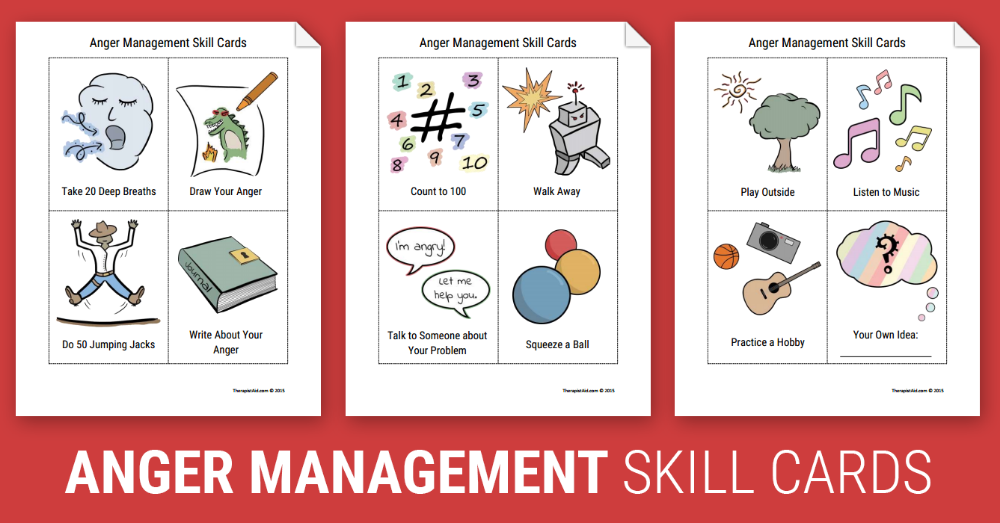
SSRIs (Selective Serotonin Re-Uptake Inhibitors) are a common class of drug used in this category e.g. Citalopram (Celexa), Escitalopram (Lexapro), Fluoxetine (Prozac), Paroxetine (Paxil) and Sertraline (Zoloft).
MAOIs (Monoamine Oxidase Inhibitors) e.g. Phenelzine (Nardil) and Tricyclic Antidepressants e.g. Amitriptyline (Elavil) can be used to treat certain anger-related conditions.
ANTIPSYCHOTICS – Help treat psychotic disorders.
Includes 1st and 2nd generation drugs such as Chlorpromazine (Thorazine) or Haloperidol (Haldol) as compared to Aripiprazole (Abilify), Olanzapine (Zyprexa), Paliperidone (Invega), Quetiapine (Seroquel) and Risperidone (Risperdal).
ANXIOLYTICS – Anti-anxiety medications that have a sedative effect.
Benzodiazepines tend to be addictive; the dosage may need to be increased over time because their effectiveness declines as the body adapts to them e.g. Alprazolam (Xanax), Diazepam (Valium) or Lorazepam (Ativan).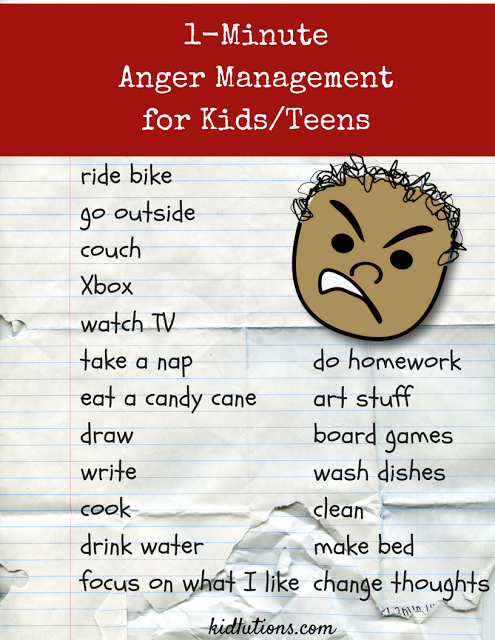 However, Clonazepam (Klonopin) appears less prone to this issue.
However, Clonazepam (Klonopin) appears less prone to this issue.
Non-benzodiazepine sedatives such as Zolpidem (Ambien) are sometime used but as with any medication, side effects can still arise e.g. disturbed sleep patterns.
MOOD STABILIZERS – Help to level out the ‘highs’ and ‘lows’.
Lithium is the classic example of this category of drug although there are many other possibilities e.g. Carbamazepine (Carbatrol), Valproate (Depakote) or Lamotrigine (Lamictal).
STIMULANTS – These may help specific conditions where anger can be an issue e.g. ADHD.
Examples of medication in this category include Dextroamphetamine and Amphetamine (Adderall), Dexmethylphenidate (Focalin) and Methylphenidate (Ritalin). However, the use of stimulants for the majority of anger-related conditions can be detrimental leading to enhanced mood swings, increased volatility and aggressive behavior with the potential of violence.
Be aware that drugs exhibiting anti-anger effects can sometimes be categorized in various ways. For example, Lamotrigine (Lamictal) is an anticonvulsant and mood stabilizer whereas Topiramate (Topamax) is an anticonvulsant and nerve pain medication. Azapirones e.g. Buspirone (BuSpar) or Perospirone (Lullan), are a class of drug that display anxiolytics and antipsychotics characteristics.
For example, Lamotrigine (Lamictal) is an anticonvulsant and mood stabilizer whereas Topiramate (Topamax) is an anticonvulsant and nerve pain medication. Azapirones e.g. Buspirone (BuSpar) or Perospirone (Lullan), are a class of drug that display anxiolytics and antipsychotics characteristics.
Furthermore, good results can sometimes be obtained from medications not necessarily associated with anti-anger treatment but primarily used to treat other conditions. For example, the anger trigger of stress or anxiety affect many people and minimizing these factors may help reduce the risk of an outburst. The use of certain antihistamines e.g. Diphenhydramine (Benadryl), have a calming effect on the body and can help reduce both anxiety and stress. Also, beta blockers e.g. Atenolo (Tenormin) or Propranolol (Inderal), can help reduce anxiety by counteracting the effect of the stress hormone adrenaline.
What to drink if everything infuriates? Five legal remedies that will help you find Zen
How it works: B vitamins are like a soft pillow for the nervous system.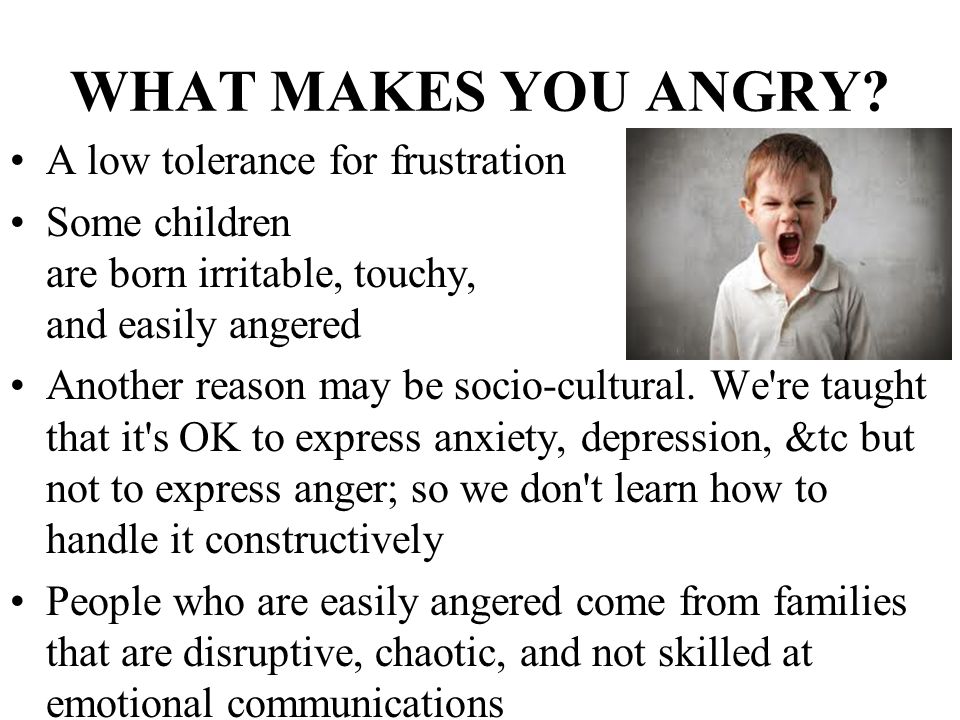 If you live in a mode of lack of sleep and stress, vitamin B (especially B6) neutralizes hysterical states, relieves anxiety and stress, and improves thought processes. It will also have a beneficial effect on blood pressure, the fluctuations of which often accompany stress.
If you live in a mode of lack of sleep and stress, vitamin B (especially B6) neutralizes hysterical states, relieves anxiety and stress, and improves thought processes. It will also have a beneficial effect on blood pressure, the fluctuations of which often accompany stress.
Tension of the nervous system leads to malfunction of many body functions. Including problems with the skin, nails, hair. B vitamins are also called “beauty vitamins”: they are able to “remove” irritation and itching, a feeling of tight skin, and have a general rejuvenating effect. nine0003
How to take: courses, as prescribed by a doctor. It is better to start the course in advance if you know that work, emergency work and stress are coming soon.
How it works: don't wince! First, fish oil has long been made in capsules, which neutralizes its taste (for those who hate it since childhood). Secondly, fish oil is a unique, affordable, over-the-counter remedy that will turn you back from a “bunch of nerves” into a person.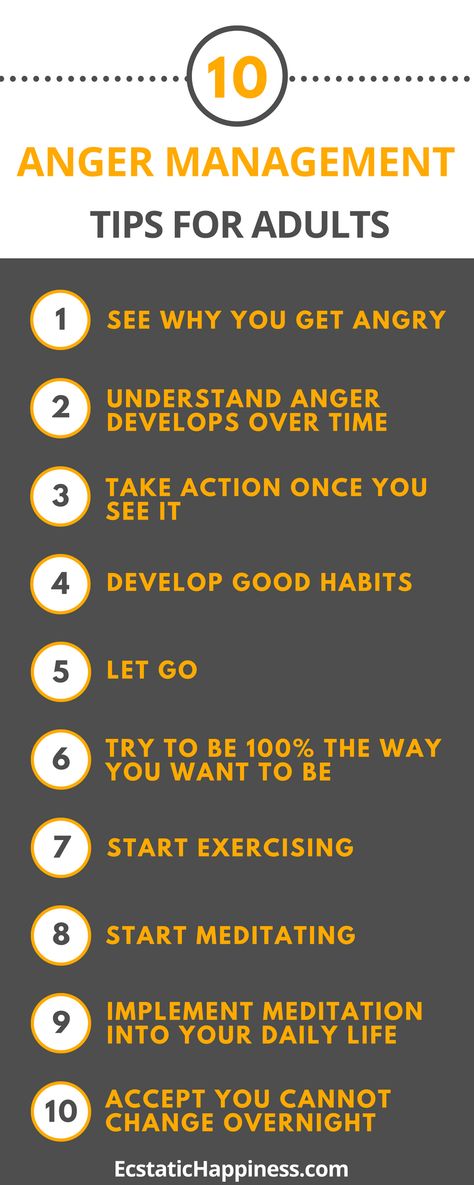
- See also: 15 vitamins with a high but justified price tag. Should I take it? nine0006
Fish oil is obtained from cod, mackerel, herring. The “magic ingredient” in it is Omega-3 polyunsaturated fatty acids. The body is not able to produce them on its own, but they are vital to it: for normal metabolic processes, the work of the heart and blood vessels, immunity and calmness of the nervous system. In addition, fish oil is rich in zinc, iron, phosphorus, vitamins A and D. They are our protection against stress and disorders.
How to take: daily as a prophylactic (if there are no contraindications). nine0003
How it works: ask the applicants who crowd around the building of the university on the days of the entrance exams - every second will say that his mother gives him "glycine" for the brain and nerves.
Glycine increases mental performance, eliminates depressive disorders and irritability. The tablets also contain vitamins B1, B2, and B6.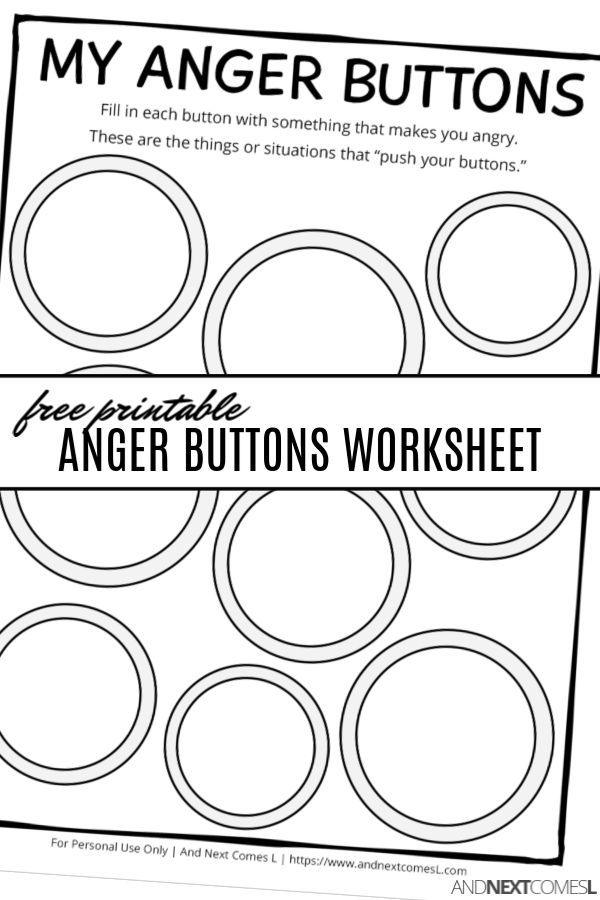
- You may also be interested in: Medicines and tips for sessions and deadlines
How to take: during periods of stress, working deadlines as a supportive tool.
How it works: in the indications for the use of "Novo-Passit" says that he is struggling with the "manager's syndrome" - constant mental stress, the inability to distract and relax. As part of these funds - extracts of valerian, St. John's wort, lemon balm, hawthorn. Before pills were invented, people were forced to collect and dry these herbs themselves, and then brew them and drink them as a sedative. Modern medicine has simplified this process. nine0003
- How does medicine respond to remote work? Read: Remote work kills: 10 threats to your health when working from home Take at peak moments of stress, when it seems that there is no more strength to endure it.
How it works: The active ingredient in this drug is the hormone melatonin, which regulates sleep and wake cycles.
 Stress “shatters” the nervous system and often leads to problems with falling asleep: you lie in bed for hours, sorting out tomorrow’s affairs in your head. Melatonin solves this problem. At the same time, it does not inhibit the production of the natural sleep hormone. nine0003
Stress “shatters” the nervous system and often leads to problems with falling asleep: you lie in bed for hours, sorting out tomorrow’s affairs in your head. Melatonin solves this problem. At the same time, it does not inhibit the production of the natural sleep hormone. nine0003 How to take: for sleep problems - long falling asleep, restless sleep with frequent awakenings.
Important: pharmacy products are not a panacea! What will help solve the problem, not mask it?
Doctor , general surgeon, specialist in sports and medical medicine, Alexander Mudretsov answers:
“Means from this list can only correct the state of the nervous system, but they are not a panacea. The best medicine that will bring back love for people - unless we are talking about a specific mental illness - will be a regime, 8 hours of sleep, walks in the fresh air and sports. In addition, planning will help in the fight against stress. Often stress happens due to the fact that a person put off solving things for later: once they fell down at one moment and caused an overstrain.
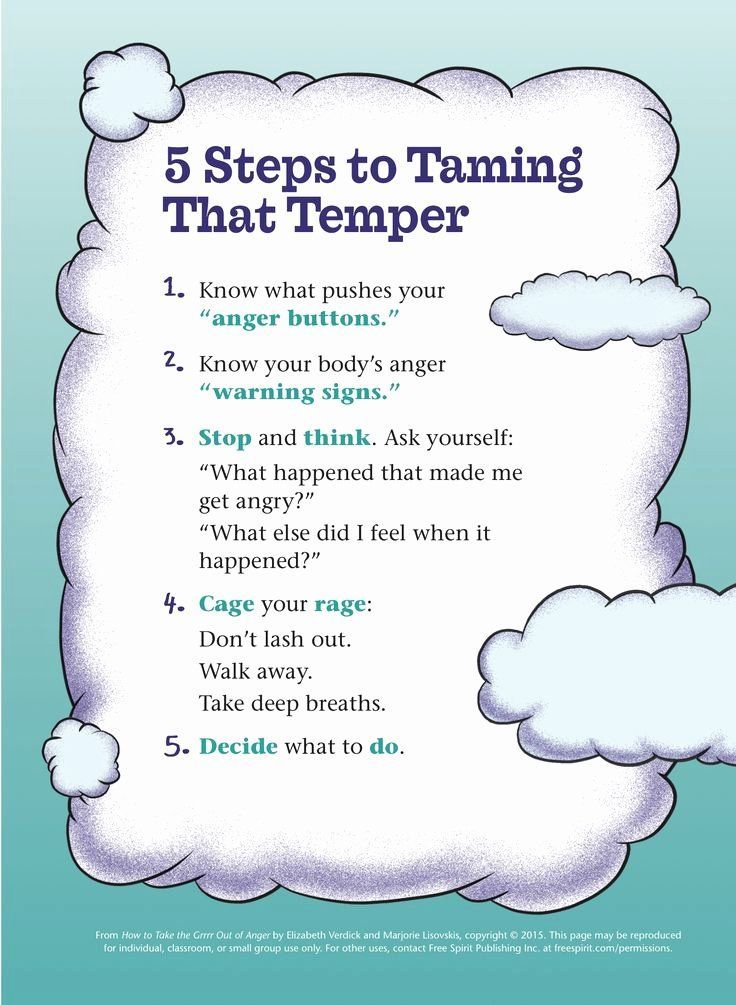 Such situations should be avoided." nine0076
Such situations should be avoided." nine0076
See also:12 essential medicines for the elderly. Check if your relatives have them in the first aid kit
From pads to contraceptives: 5 products for women that are awkward to go to the pharmacy
You need them too: irrigator, nebulizer, massager and 7 more medical devices, which everyone should have
top-5 rating according to the KP version
Everyone knows the phrase “all diseases come from nerves”. Indeed, prolonged stress undermines our health, reduces immunity. As a result of constant failures, diseases to which a tendency has been observed develop. For example, if you have relatives with hypertension, you have a high risk of developing the disease after prolonged stressful conditions. nine0003
Short-term stress and emotional outbursts are usually not harmful. Much more dangerous is the sluggish nervous tension that often occurs among residents of megacities.
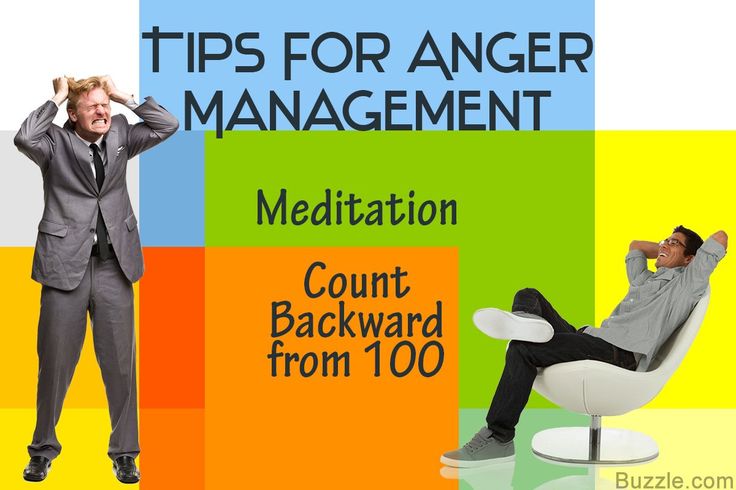 Lack of sleep, city noise, worries at work lead to prolonged, but unnoticed depression, fatigue, mood and sleep disorders. This can drag on for years, until the person "breaks loose", falling into a panic or aggressive state.
Lack of sleep, city noise, worries at work lead to prolonged, but unnoticed depression, fatigue, mood and sleep disorders. This can drag on for years, until the person "breaks loose", falling into a panic or aggressive state. Many people unknowingly acquire bad habits, start smoking and drinking alcohol to relieve stress. Toxic substances exacerbate the situation. nine0003
You can keep your nervous system healthy in other ways. Go in for sports, walk in the fresh air, consult a psychotherapist, take supportive drugs. Light drugs are not addictive and act on the brain quite gently. Therefore, you can buy the best pills for stress and nerves without prescriptions.
Top 5 rating according to KP version
1. Lotosonic
LotusonicCombined herbal medicine. It has anxiolytic and anti-stress activity. It is produced in Vietnam, so its recipe contains components that are widely used in traditional oriental medicine. It consists of extracts of seeds and embryos of the walnut lotus, seeds of thuja orientalis and Chinese dates, rhizomes of Dioscorea, mulberry leaves and erythrina, as well as the fruits of euphoria longana.
 nine0003
nine0003 Components of Lotusonic reduce irritation and tension, which are manifested in mental fatigue and neurasthenia. When taking other sedative, hypnotic drugs, as well as antihypertensive and analgesics, the dosage should be adjusted, since the drug enhances their effect. The effect of Lotusonic is cumulative, as with most herbal preparations.
natural herbal composition based on traditional oriental medicine recipes; indicated for increased excitability, irritability, fatigue; additionally, with insomnia, it helps to restore normal sleep; not addictive; low price. nine0003
not allowed under 18; can not be pregnant and lactating; allergic reactions are possible; during the period of treatment should refrain from driving.
Lotusonic
Helps to fight stress manifestations
Combination medicine Lotusonic has anti-stress activity and helps to cope with irritation and tension. It contains herbal ingredients used in traditional oriental medicine
Ask for priceView ingredients
THERE ARE CONTRAINDICATIONS.
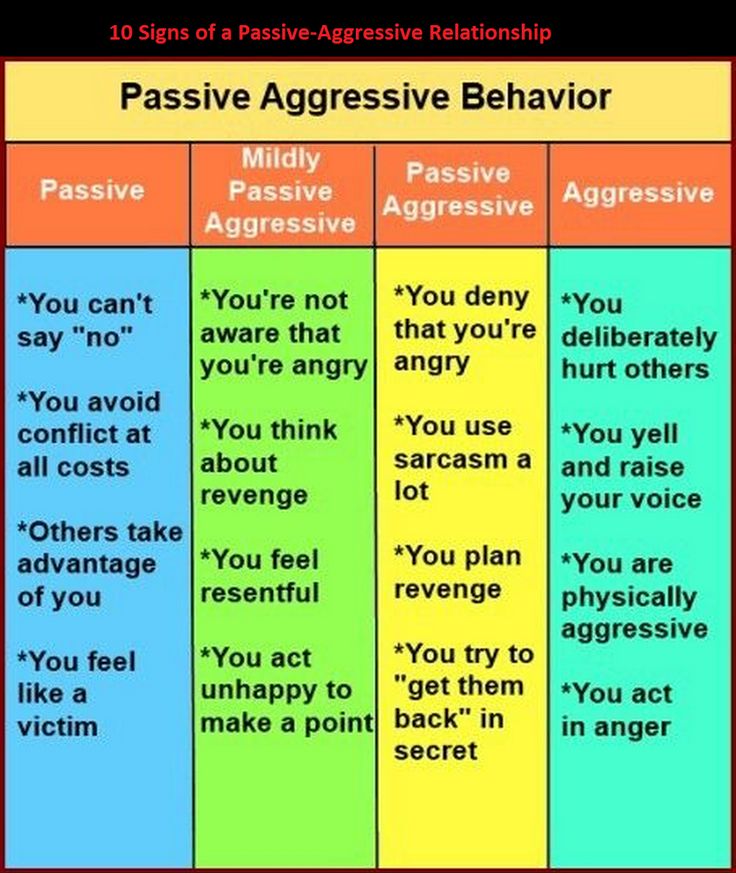 CONSULT WITH A SPECIALIST
CONSULT WITH A SPECIALIST Advertisement. DOMINANTA-SERVICE JSC. Photo: market.yandex.ru
This drug is usually prescribed as an additional support for the brain with constant overstrain: stressful work, difficult studies. Tablets regulate metabolism and improve the processes of inhibition in the central nervous system. This reduces tension and aggression.
Also, the drug reduces the consequences after brain injuries, after alcohol or drug poisoning.
improves mental performance; improves sleep; no side effects; possible during pregnancy and children; low price
cumulative effect, not effective immediately
3. Novo-Passit solution
Novo-Passit. Photo: TEVAA preparation of plant origin, consisting of a complex of valerian, hops, lemon balm and others. The herbal complex has a calming effect, effective not only with anxiety, but also with more severe disorders. For example, with itching, migraines, intestinal diseases, bouts of neurasthenia, which are caused by psychological stress.
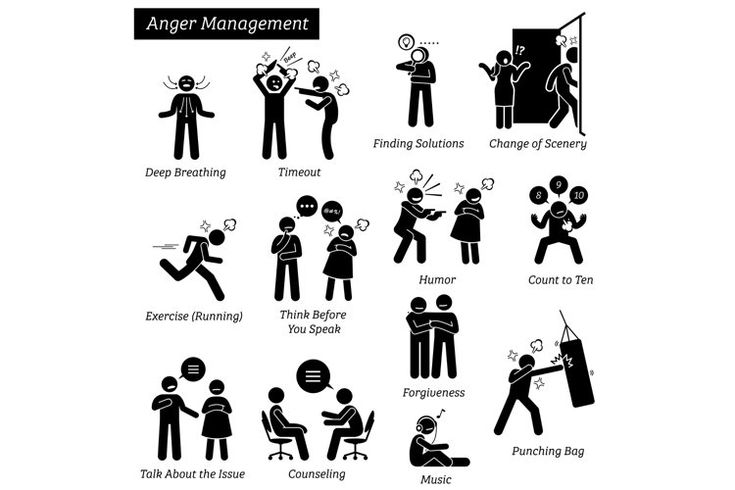 nine0003
nine0003 The product contains ethanol - alcohol, which should be taken into account. During pregnancy, the drug is not recommended to be taken, but according to certain indications, they are at risk. For convenience, there is also a form of tablets, but the solution is absorbed and acts faster.
natural composition; fights many nervous diseases; improves sleep; palatable
possible side effects; recommended to stop driving; not allowed under 12 years of age; not for breastfeeding mothers; inconvenient form of reception; not compatible with certain medications; high price
4. Afobazole
Afobazole tab. Photo: market.yandex.ruThis drug is one of the most “strong” in our ranking of the best pills for stress and nerves, it belongs to tranquilizers and antidepressants. It is used for anxiety, anxiety attacks, sleep disorders. It also facilitates the course of many diseases: asthma, hypertension, arrhythmias.
The drug is especially indicated for vulnerable, suspicious people, prone to tearfulness or irritability.
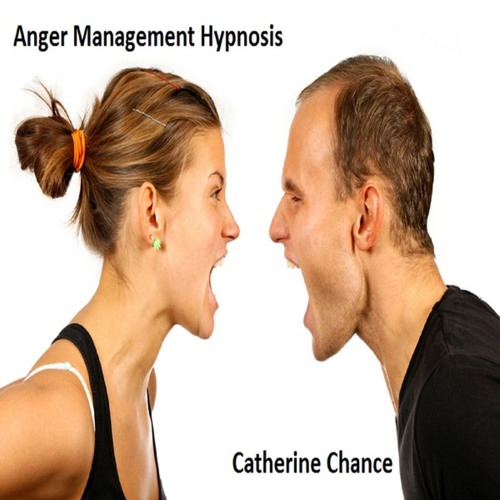 Taking pills makes it easier to endure premenstrual syndrome, as well as the "withdrawal syndrome" with a sharp rejection of bad habits, smoking and alcohol. nine0003
Taking pills makes it easier to endure premenstrual syndrome, as well as the "withdrawal syndrome" with a sharp rejection of bad habits, smoking and alcohol. nine0003 protects nerve cells; eliminates anxiety; relieves depression; fights many nervous diseases; does not cause lethargy and addiction; practically no side effects.
not allowed under 18; not during pregnancy and lactation; cumulative effect, does not appear immediately; high price.
5. Motherwort forte
Motherwort forte tab. Photo: market.yandex.ruIn fact, it is not a medicine, but a dietary supplement, a source of vitamins, magnesium and flavones. Their accumulation has a very mild calming effect and is suitable for minor anxiety as an additional support for the body. With severe stress and its physical manifestations, the drug may not work immediately. Sometimes you have to take pills for more than a week before the effect appears. nine0003
natural composition; reduces the level of anxiety; no side effects; does not cause addiction and drowsiness; low price.
